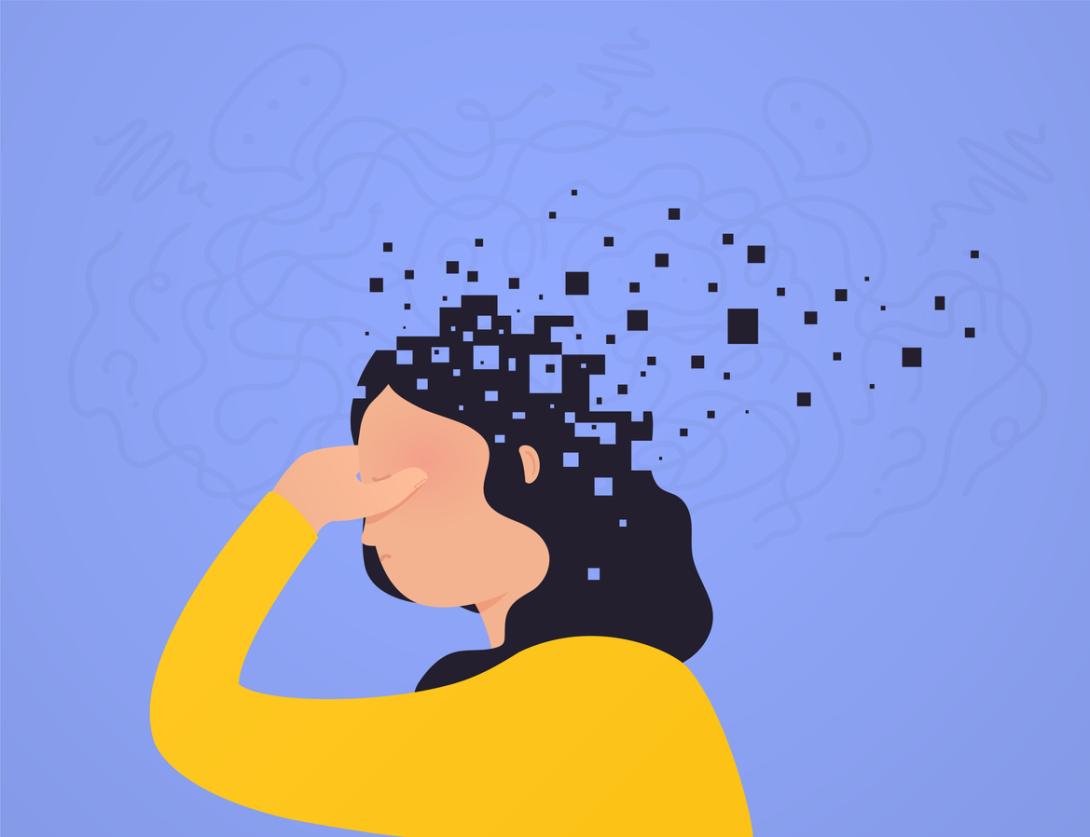
There is no health without mental health
Around the world, one out of every four people suffers from, or will suffer from a mental disorder during their lives. Deaths by suicide have also increased worldwide, particularly in Spain where they are now the first cause of unnatural death amongst teenagers.
The World Health Organisation (WHO) is warning that mental health problems will be the main cause of disability in the world in the year 2030. In its “World report on mental health”, published last summer, it corroborated that approximately, one out of every eight people in the world already suffers from some type of mental disorder. In Spain, one out of every ten people is diagnosed with a mental problem and it is estimated that 25% of the population will have a mental disorder during their lives. Anxiety and depression are the most common problems and in many cases, they go hand in hand. In fact, in Spain around 7% of the population is affected by these two problems.
The main symptoms of depression are sadness and apathy, irritability or frustration, sleeping problems, headaches, concentration difficulties or feeling guilty or helpless. The causes are usually a combination of factors including genetic, environmental, biological and psychological elements. Anxiety, on the other hand, is not just feeling nervous, but it also causes intense fear, panic, episodes of terror or phobias. Therapy and/or taking prescribed medication are the main treatments for these disorders. Prevention also plays a decisive role for reducing these problems. According to the Spanish Society of Psychiatry and Mental Health, care from early childhood could reduce the incidence of these mental disorders by a third.
The repercussions of the pandemic
Entre sus innumerables Amongst its countless consequences, Covid-19 generated a worldwide mental health crisis. It has been a clear sign of people’s vulnerability and the need for looking after the most fragile amongst us. In the first year of the pandemic alone, anxiety and depression disorders increased by 25% all over the world. According to the Fundación Anar, the coronavirus crisis and its lockdowns increased psychological problems. For example, suicidal behaviour increased by 244% and anxiety by 280%.
Accordingly, suicide prevention is an international priority that has been included in the United Nations Sustainable Development Goals. In 2030, the world death rate due to suicide should have been reduced by one third. In Spain, partly as a result of the pandemic, for every person who dies by suicide, there are 10 who try it, Fundamed informs. And it adds that for every person who tries it, there are another 14 who are thinking about it. For this reason, a few months ago the Spanish Government promoted the 024 telephone number, a free, public service for people with suicidal behaviour. It is another step forward when promoting the fact that people should look for help and find it.




